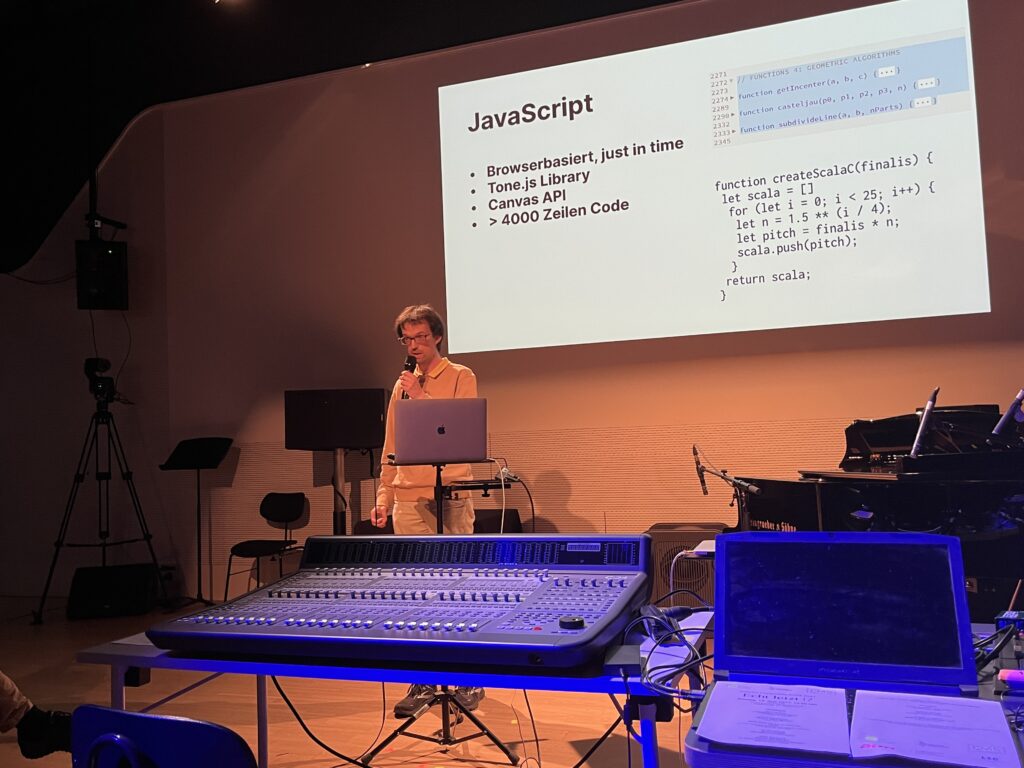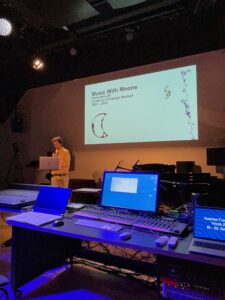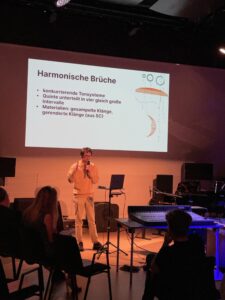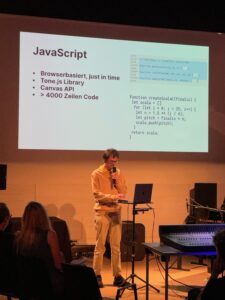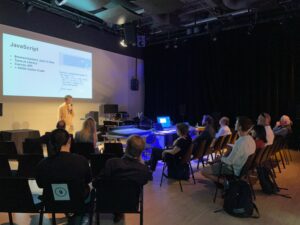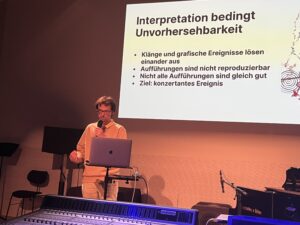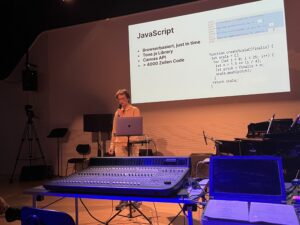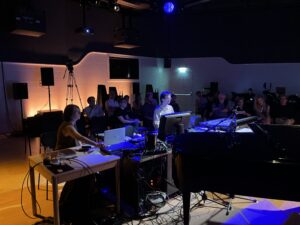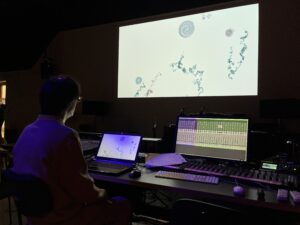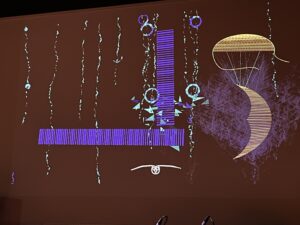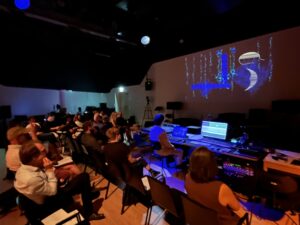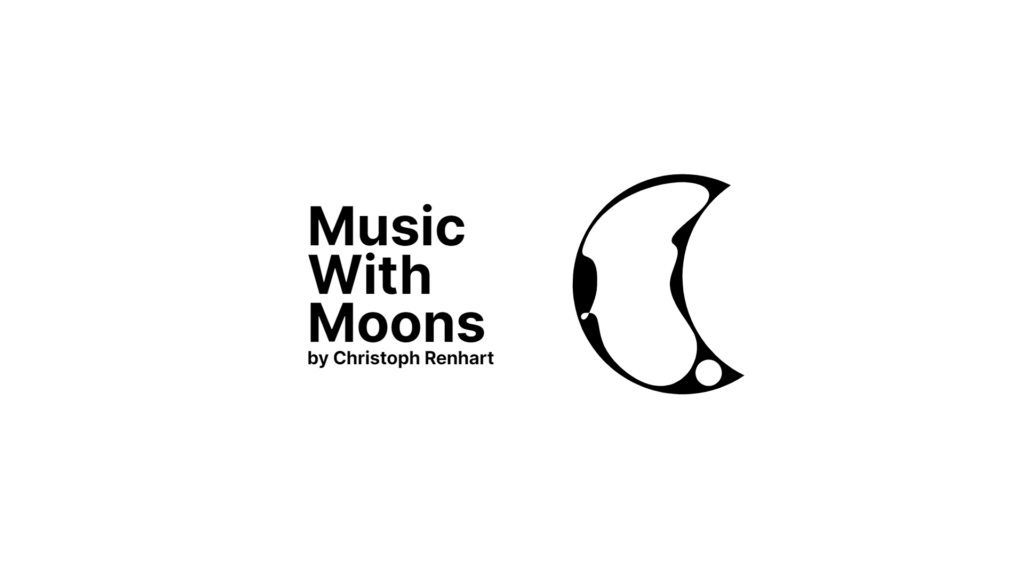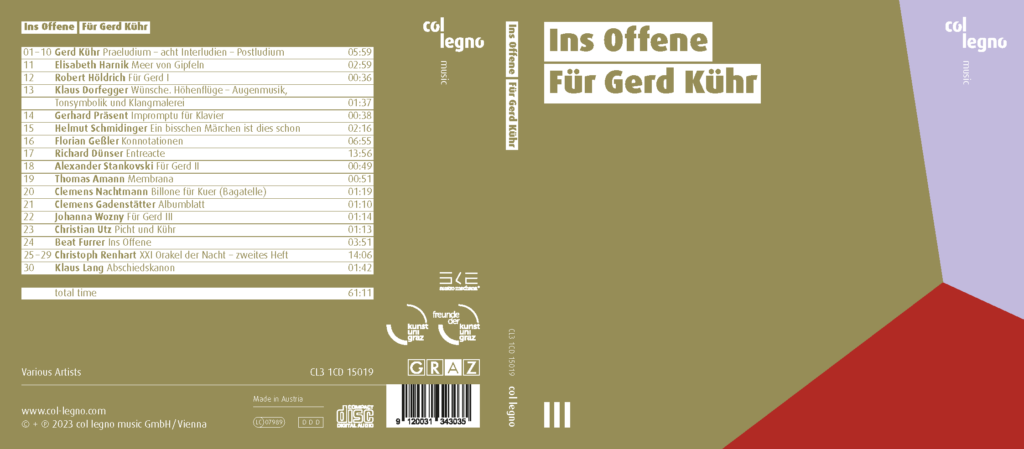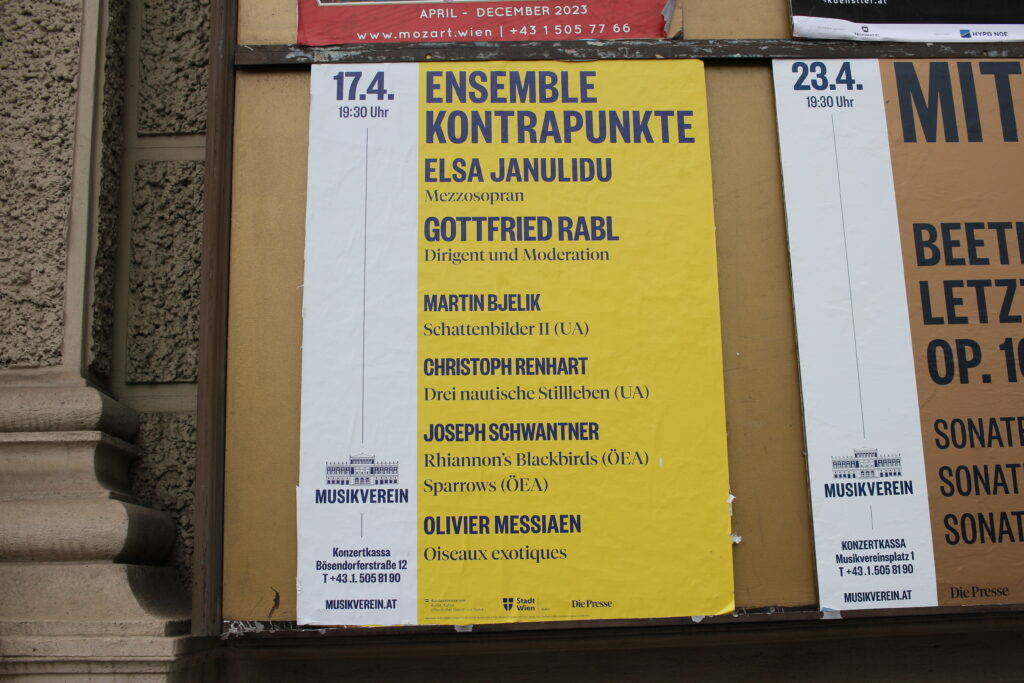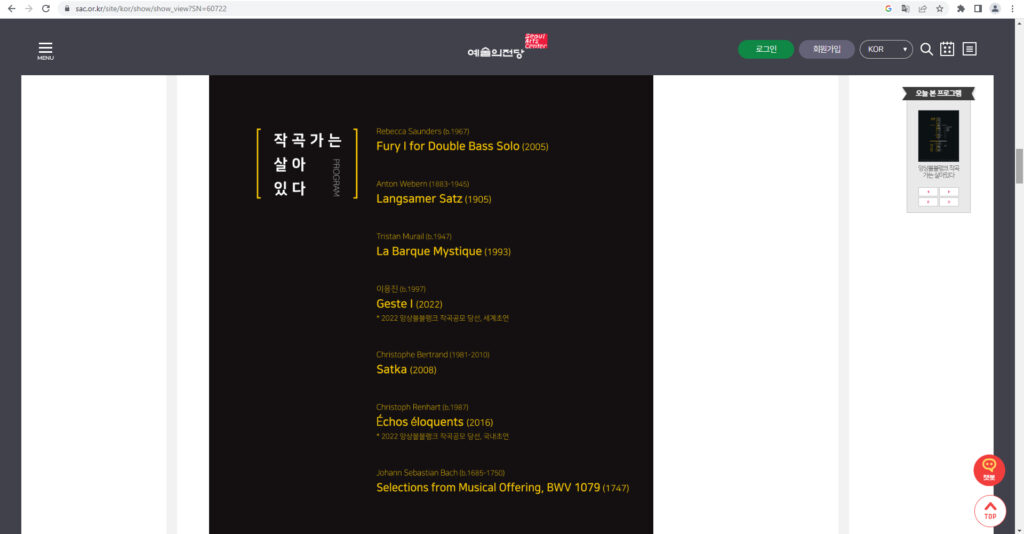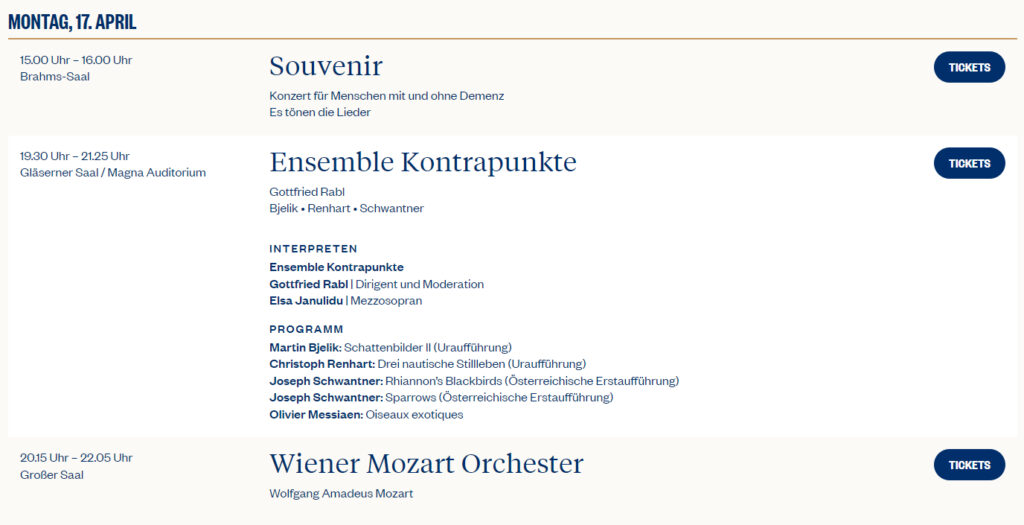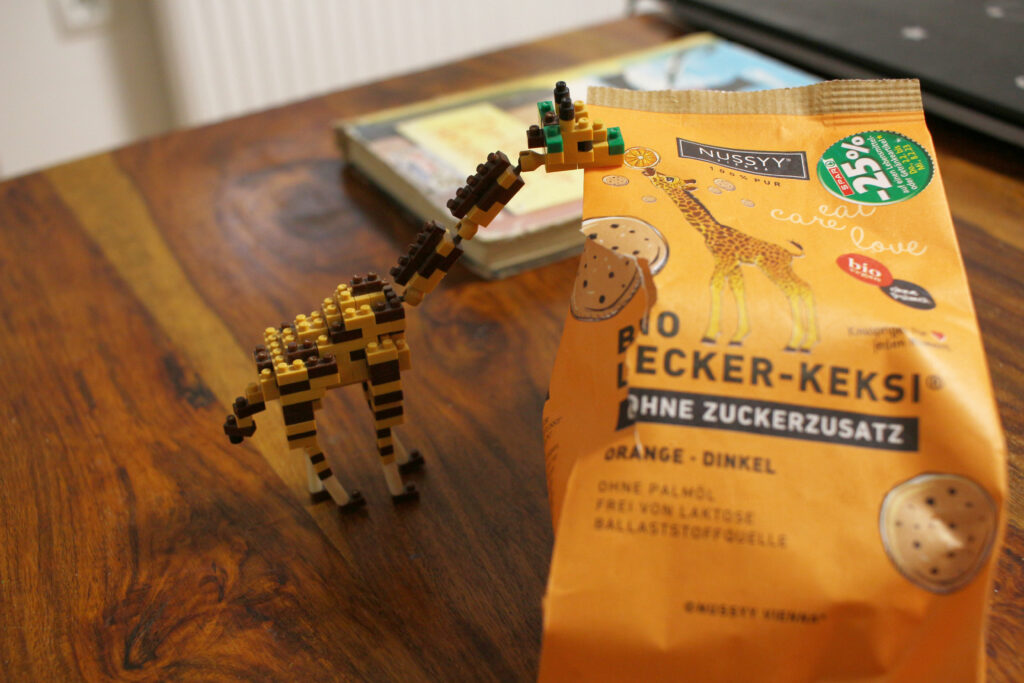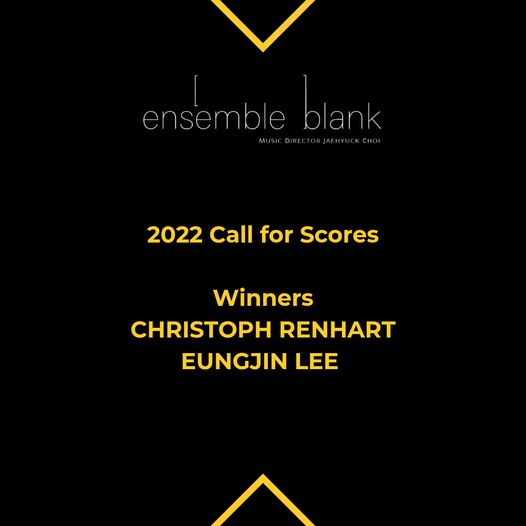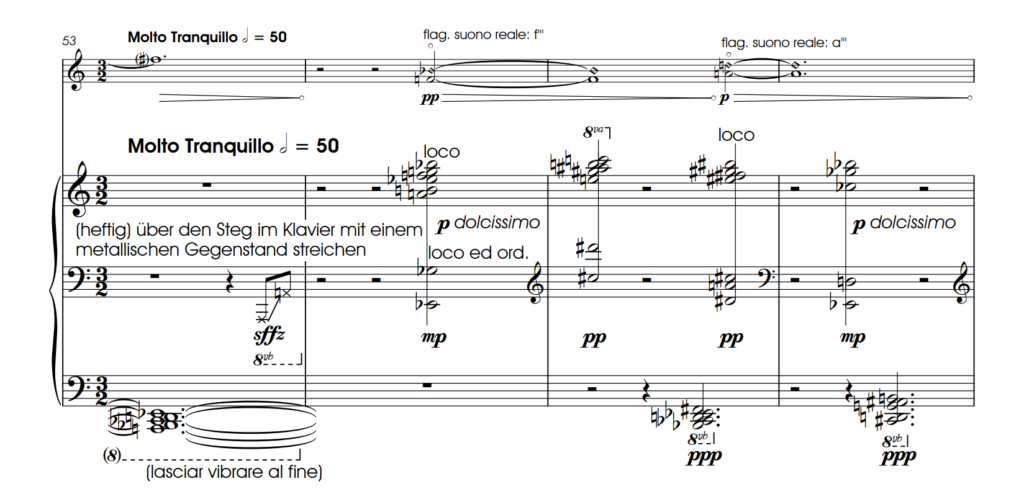
On January 21, Maria Frodl (vc) and Kaori Nishii (pno) will perform «la terra sommersa … un campanile» at the Palais Meran in Graz
Ten years after its premiere at the Musikverein in Vienna, my piece for violoncello and piano will have its first performance in Graz. The concert on January 21st will be hosted by the Styrian Composers’ Association (Steierischer Tonkünstlerbund) and I’m particularly happy looking forward to hearing the interpretation of two excellent musicians who have already played my piece a few years ago in Vienna.
Originally written for Alexander Gebert (violoncello) and the pianist Anna Magdalena Kokits in 2012, this is undoubtable one of my oldest pieces that I’m still happy to see on a concert programme. Back then I was about finishing my bachelor’s studies in composition and this was indeed one of my first major artistic projects together with the string quartet. Although I have moved far away from it stylistically, there are some things in this piece that are still important to me compositionally today, such as contrasting cloudy vertical situations with clear harmonies. In «la terra sommersa … un campanile» I made use of clusters in the piano for instance, something I really disappreciate today—knowing today that there are far more interesting and subtler ways of creating harsh and noisy sound events for such situations—and these clusters fall apart and eventually turn into qualified sounds such as bell-like chords.
The premiere of the duo by Alexander Gebert and Anna Magdalena Kokits was quite successful and my piece ‹survived› alongside works by Brahms, Penderecki, Schwertsik and Martinu on that day, as it was played marvellously by the two outstandingly good musicians. That experience motivated me to orchestrate it and thus a version for large ensemble was created which was first performed by the Ensemble Kontrapunkte in 2015, also at the Musikverein. A recording of the latter version was released in the ORF Edition Zeitton—you can listen to it here.
I hope to meet you on January 21st at the Palais Meran. The concert will start at 4 PM and will feature also works by Alyssa Aska, Morgana Petrik, Franz Zebinger and others, as well as some free drinks and small snacks.
